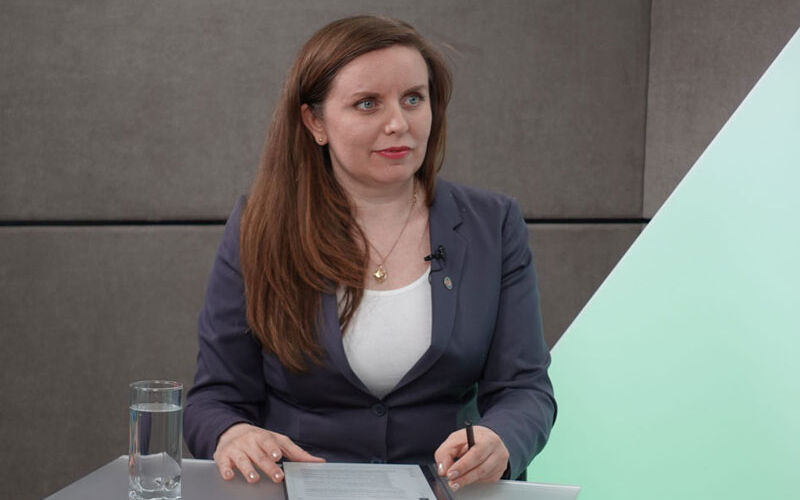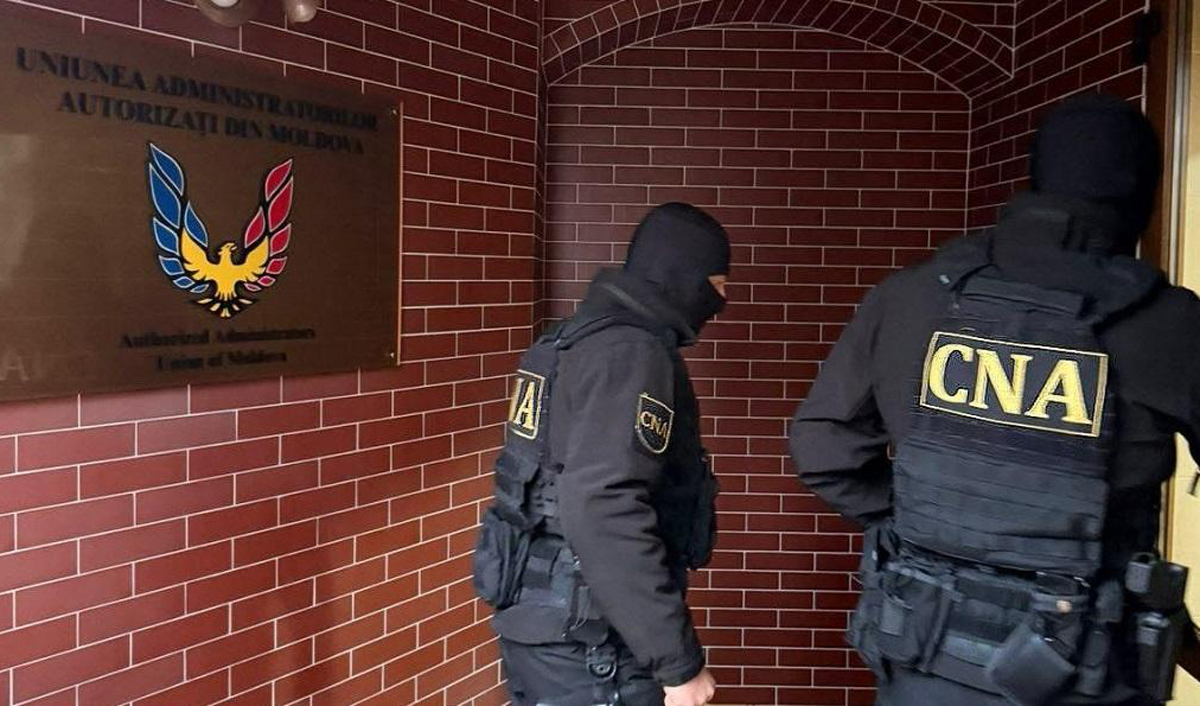
Veronica Sireteanu
The data are presented in the report of the Public Council for Audit Oversight, an autonomous institution with the status of a legal entity responsible for audit oversight in the state. Unfortunately, we were unable to get comments on the report from its representatives.
Audit companies submit detailed information about their activities to the oversight board annually. In early summer, the data for 2024 will appear on the council’s website.
Today audit is not sufficiently demanded. Not every entrepreneur will pay for it, besides, its prestige in the world has suffered significantly after the financial crisis. In Moldova, it is often replaced by elementary consulting or record keeping. And in 2023, the largest share of revenues, about 65% (186, 799 million lei), is revenue from non-audit services. These are consulting, accounting, insurance, etc. According to the supervisory authority, about 67% of audit companies in 2023 provided such services. The number of such companies increased by 14% compared to 2022. The number of audit organizations engaged exclusively in audit activities, on the contrary, decreased.
At the same time, in 2023, audit firms issued 817 reports on the audit of financial statements, which is about 17% more than in 2022.The total number of reports also increased, by 13%. This indicates an increase in auditors’ workload.
There are 127 audit firms registered in the Public Register of Audit Organizations, as of 12/31/2023. Compared to 2022, their number increased by 5 firms. Today’s official list includes 242 auditors.
About 98% of the audit firms are registered in the form of limited liability companies (LLCs), of which 93% are locally capitalized. In addition, there are two joint stock companies with domestic capital and six LLCs with foreign capital. As well as 2 limited liability companies with mixed capital.
At present, not only international companies of the so-called “Big Four”, but also all players of the “Big Ten” are present on the Moldovan audit market. Territorially they are concentrated mainly in the capital – 91% of companies, in Balti – 6%, Cahul – 2%, Ungheni, Soroca and Ocnita – 1% each.
Experts believe that the audit market in Moldova has not reached its ceiling, as the mandatory audit services are still not fully covered. At least one third of the companies that are obliged by law to submit an annual audit report do not do so. These are medium and large companies that were included in the list of mandatory audits when the new version of the Law on Audit of Financial Statements was approved in 2019.
In addition, potential growth may come from new IT park resident companies. As of today, there are over a thousand of them, and this is quite a large part of the market. Especially since their number is increasing. In addition, banks today require more audits. Therefore, a dialog between audit companies, the supervisory authority and business is important. It is necessary to clearly understand what the state expects from business and auditors.
Today the audit market in Moldova operates according to the rules established in accordance with the European directive. At the same time, it develops differently in each country. “Audit in Moldova is still in its infancy, but it is growing,” says Dorin Moldovan, head of Audit exact. – This growth is possible when there is a class of business owners and hired management that needs to be audited to get a full picture of what is going on. Or to fulfill the terms of the tender. All the rest, unfortunately, we have weak or insolvent at all. But gradually businessmen are beginning to show interest in our services. At the same time, you need to understand: in order to conduct a quality audit, the company needs to work at the enterprise for 2-3 months. At the same time, the minimum cost of the service will be at least 100 thousand lei. For a smaller amount of money, a quality audit will not be provided. Compliance with all standards requires the work of at least five specialists. At the same time, the cost of business increases, including insurance, and the risks increase”.
Five years have passed since the new Law on Audit of Financial Statements came into force, and its shortcomings have become apparent. “We propose to optimize some points,” says Veronica Sireteanu, vice-director of AmCham Moldova. – They concern the information that companies prepare for the supervisory authority. Thus, the issue with electronic records generates disputes between the supervisory authority and auditors. The auditor is the guarantor that the processes at the company are in the right direction from the financial point of view. Therefore, his services cannot be cheap. Otherwise, companies either pay salaries in an envelope or increase the cost of the service in the process of providing it. This is dumping, which negatively affects the market and reduces the competitiveness of its law-abiding players. Therefore, we propose to introduce the international practice of risk identification on the audit market. Today, practically all audit bodies in Moldova work according to this scheme. For example, the State Tax Service, which conducts audits based on the detected risks. One of these days the draft will be made public for discussion”.













